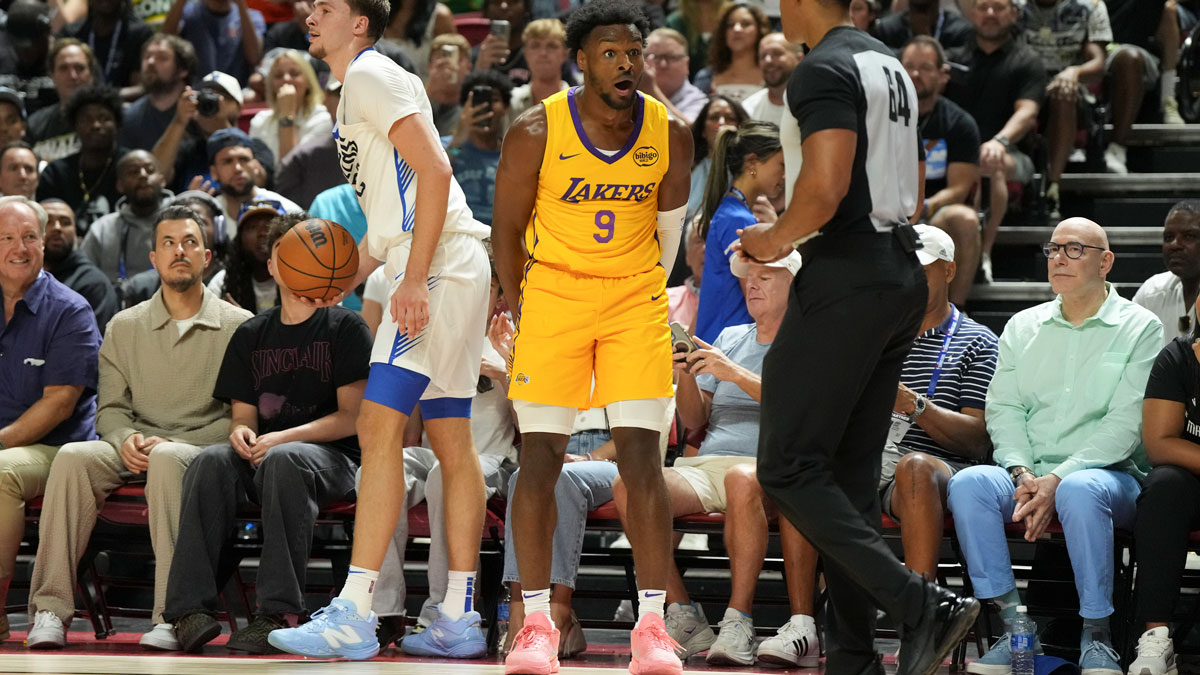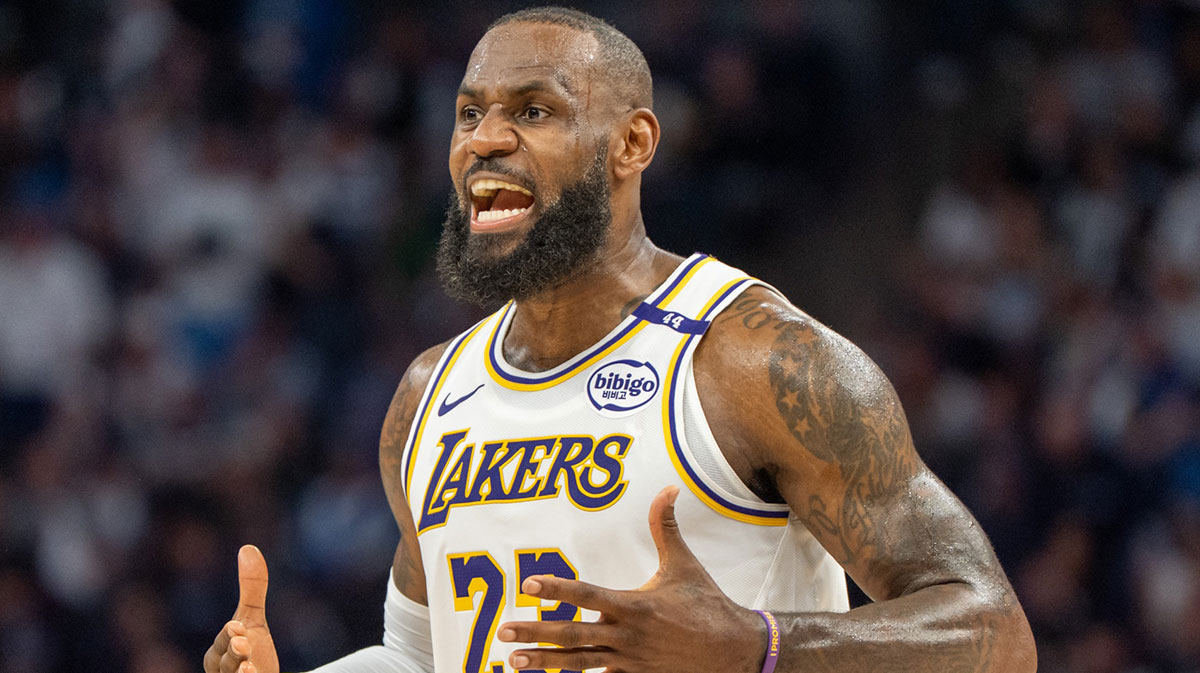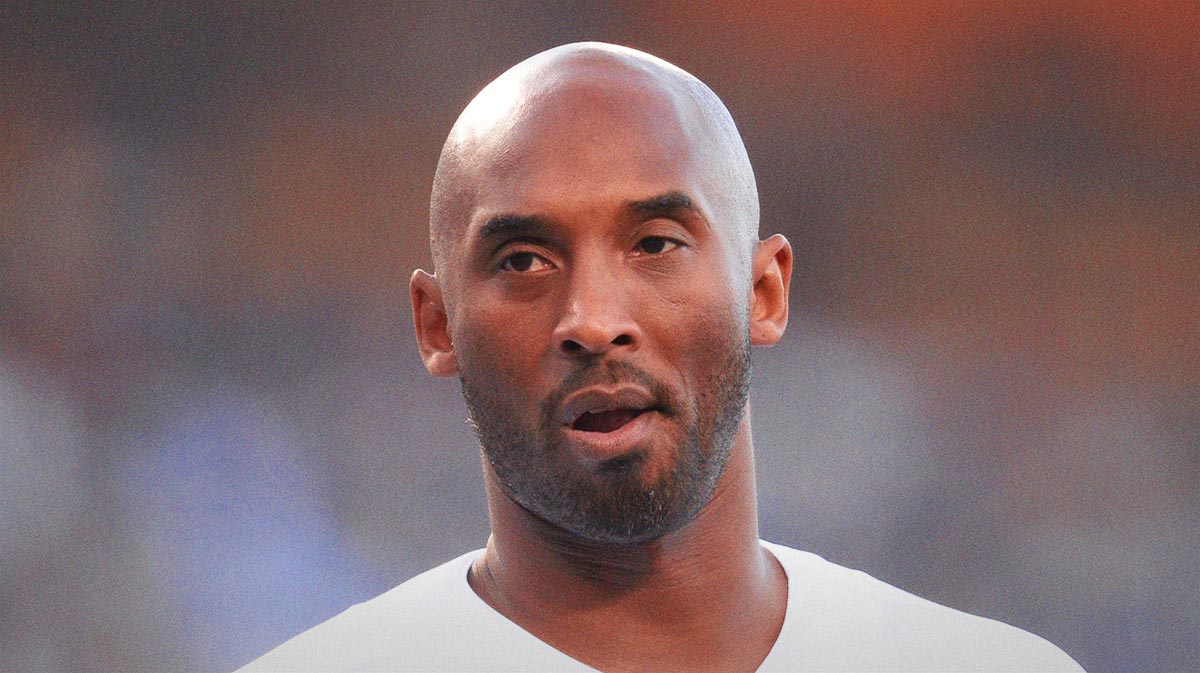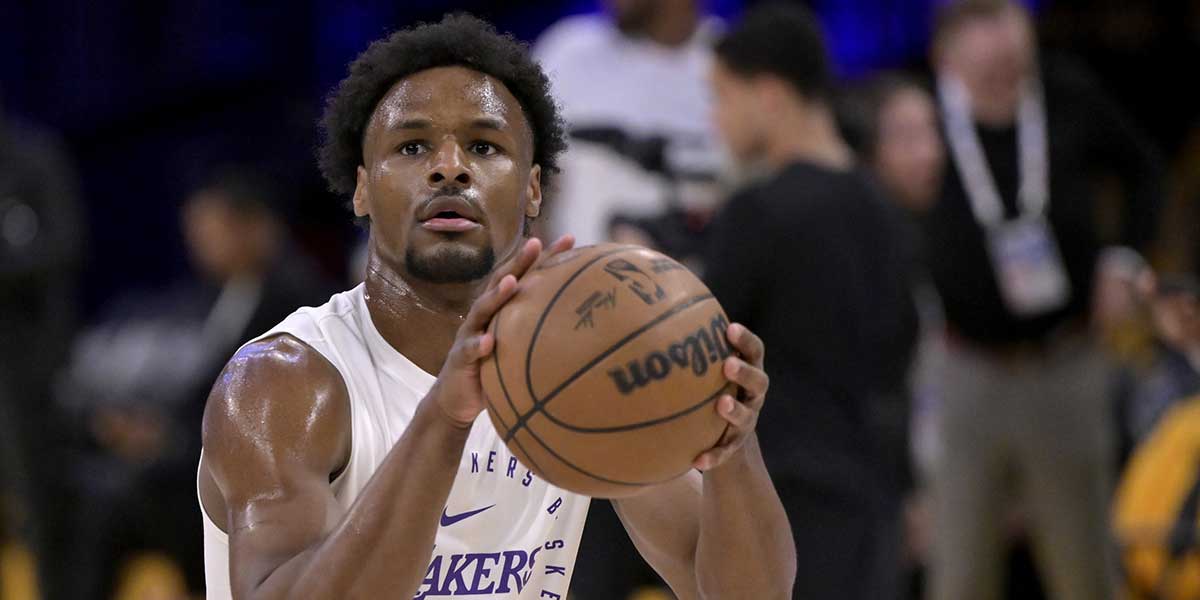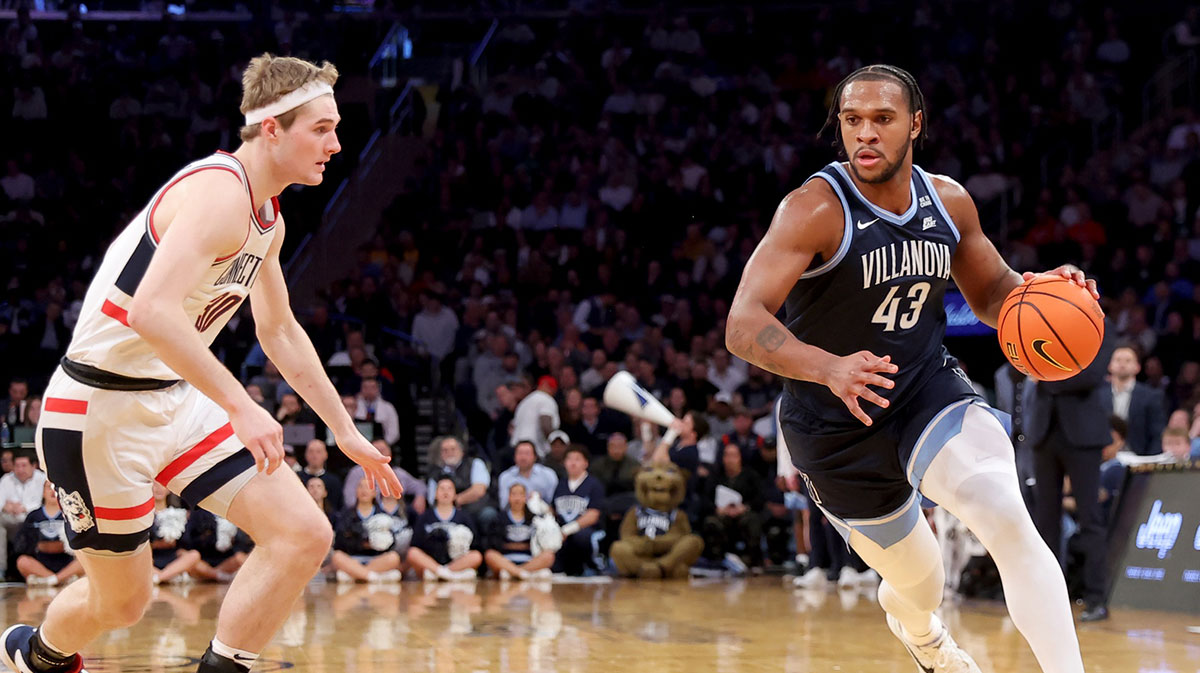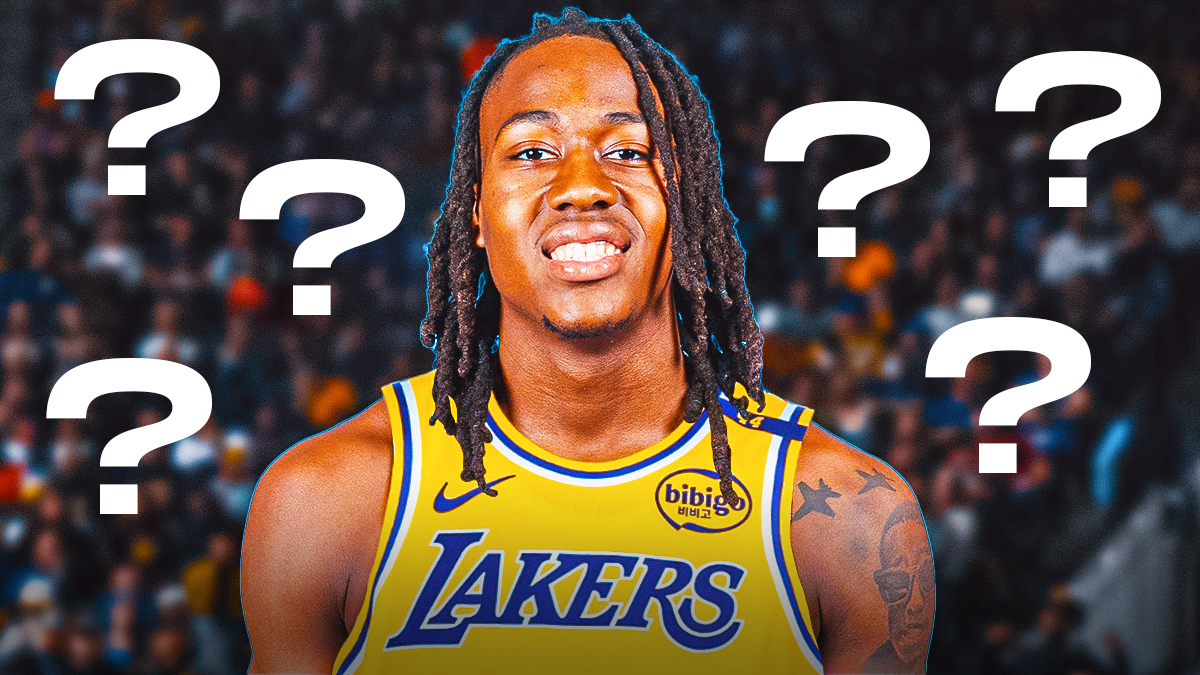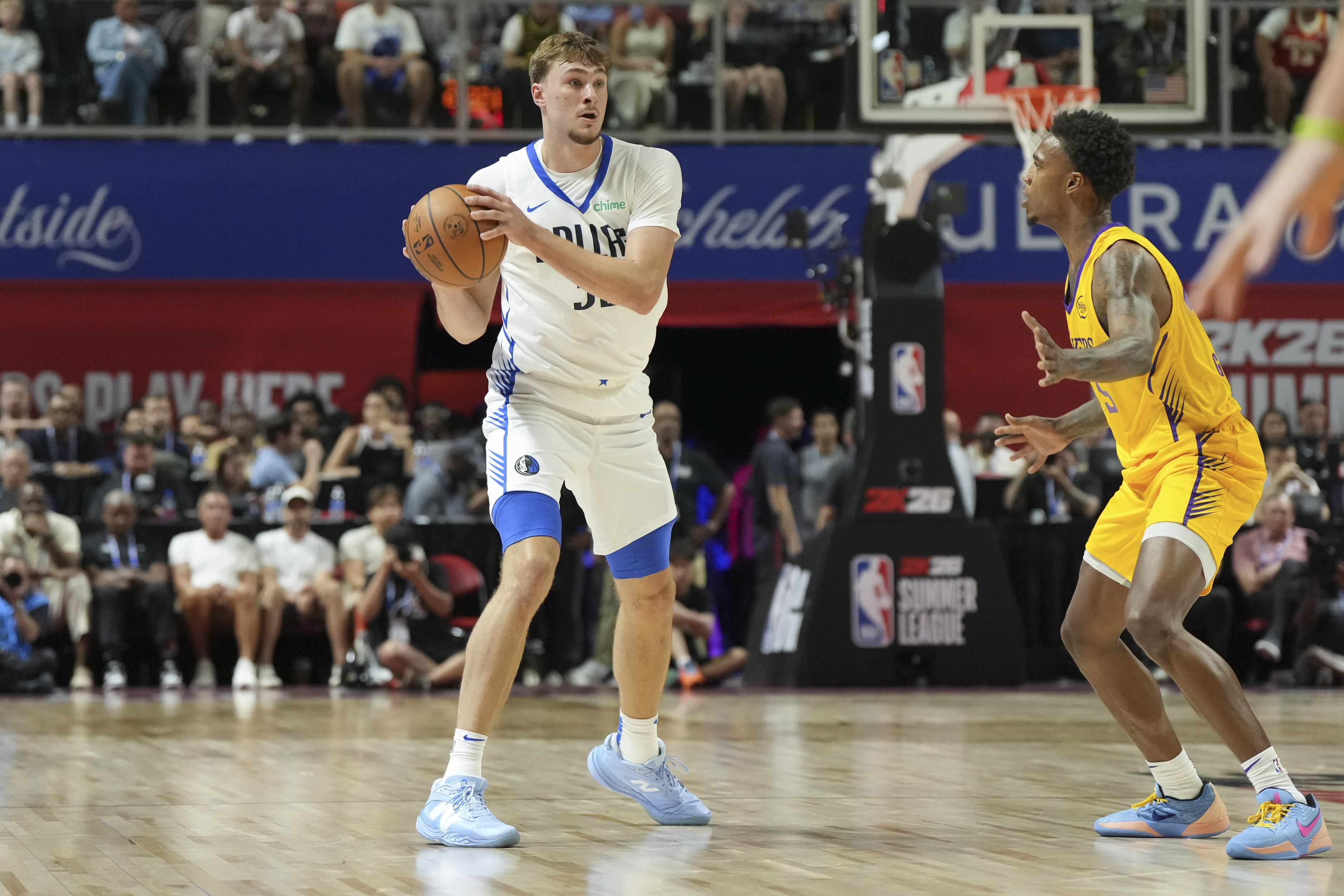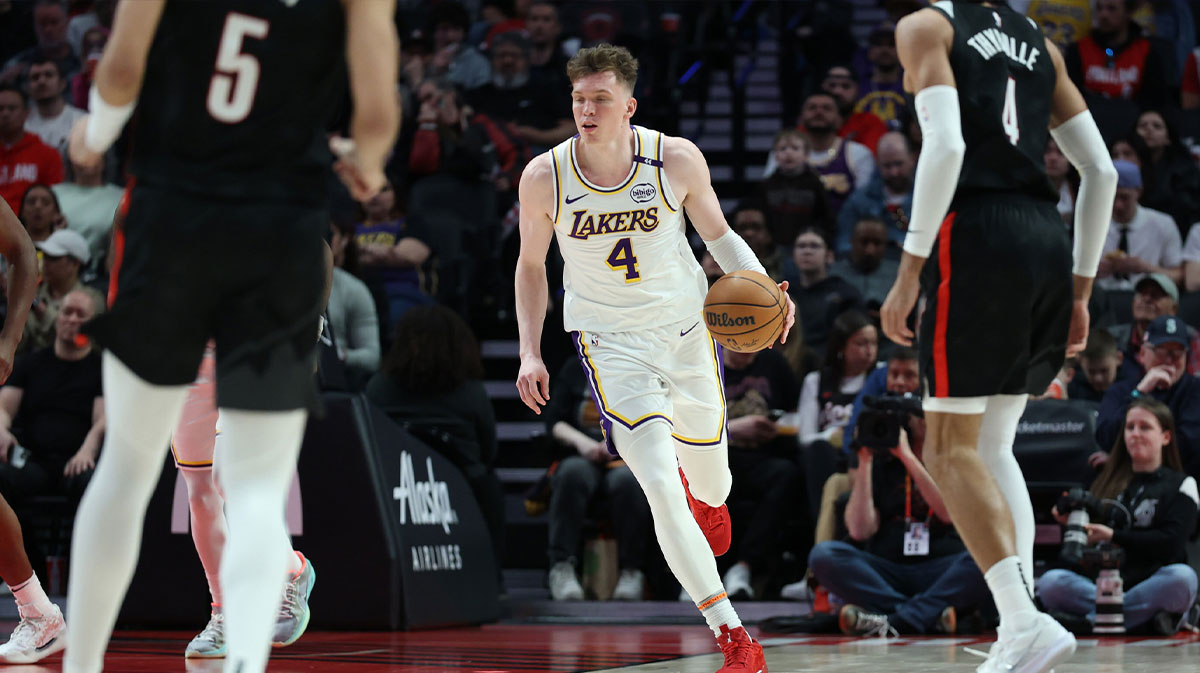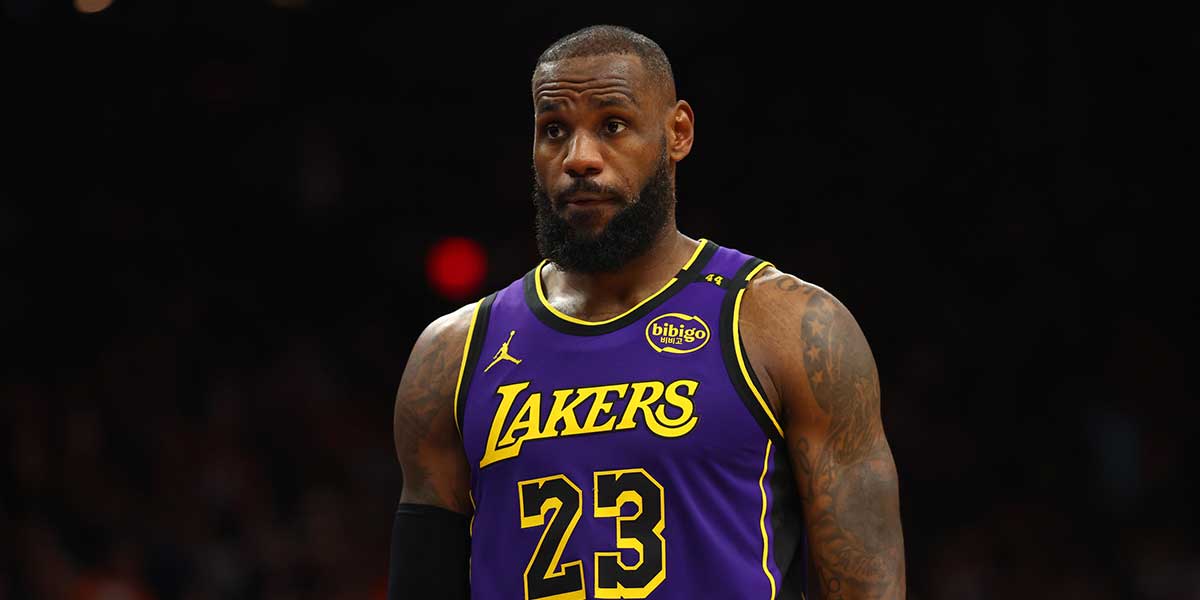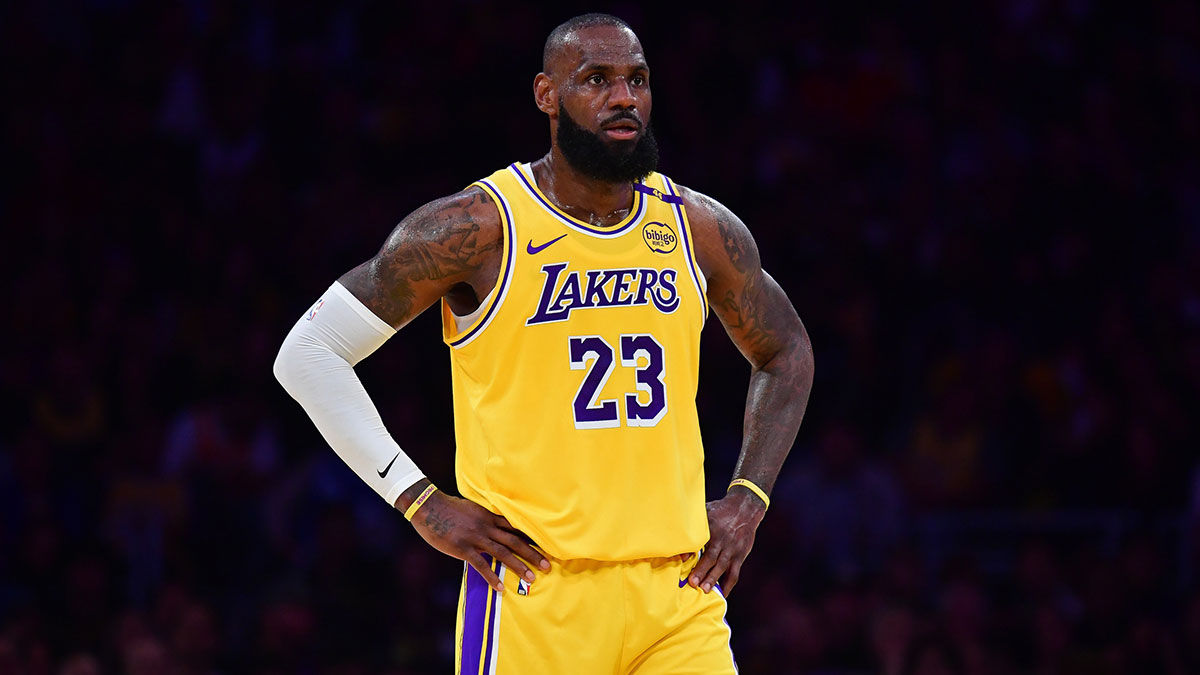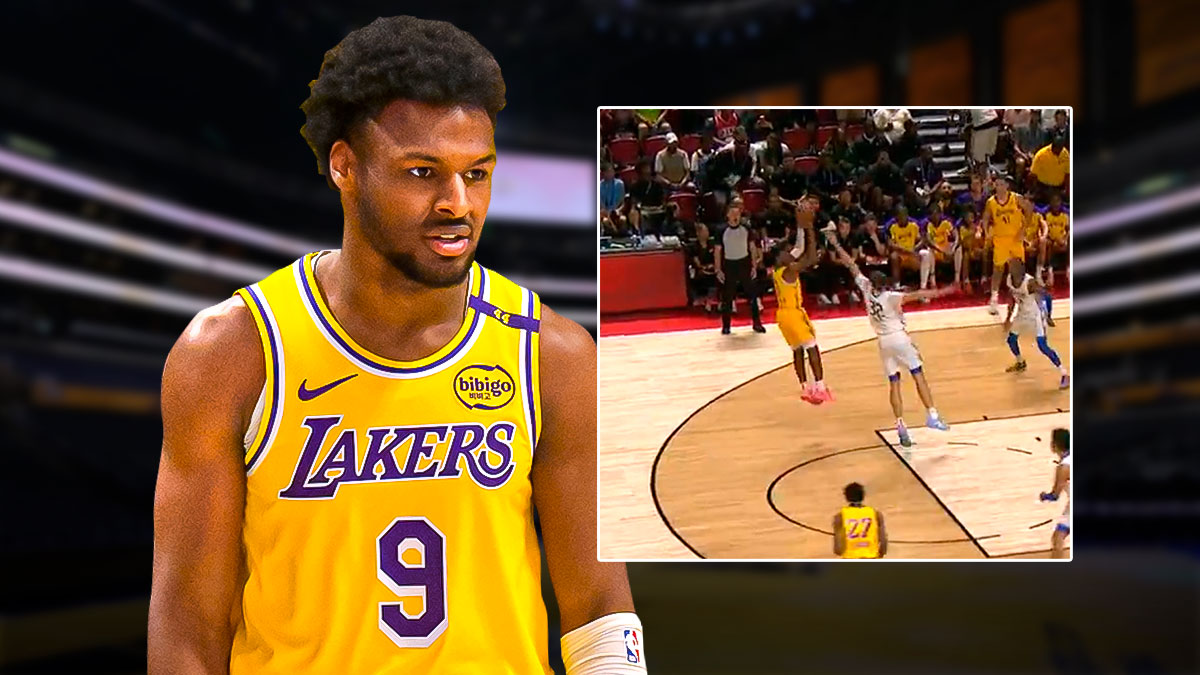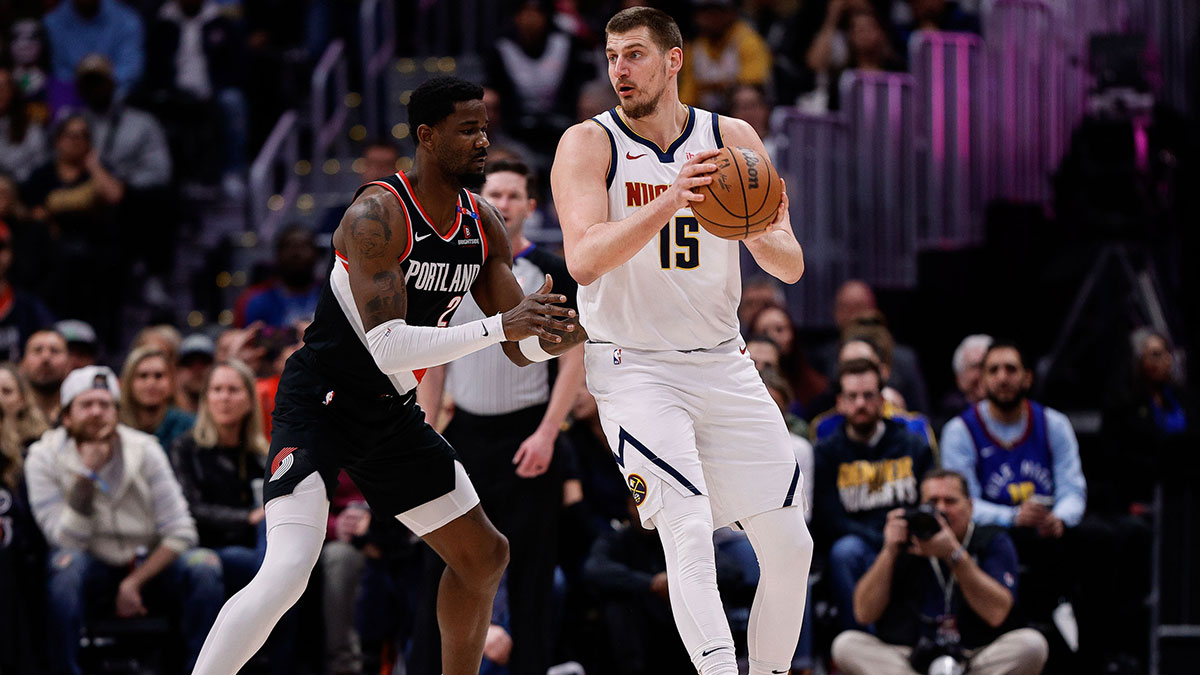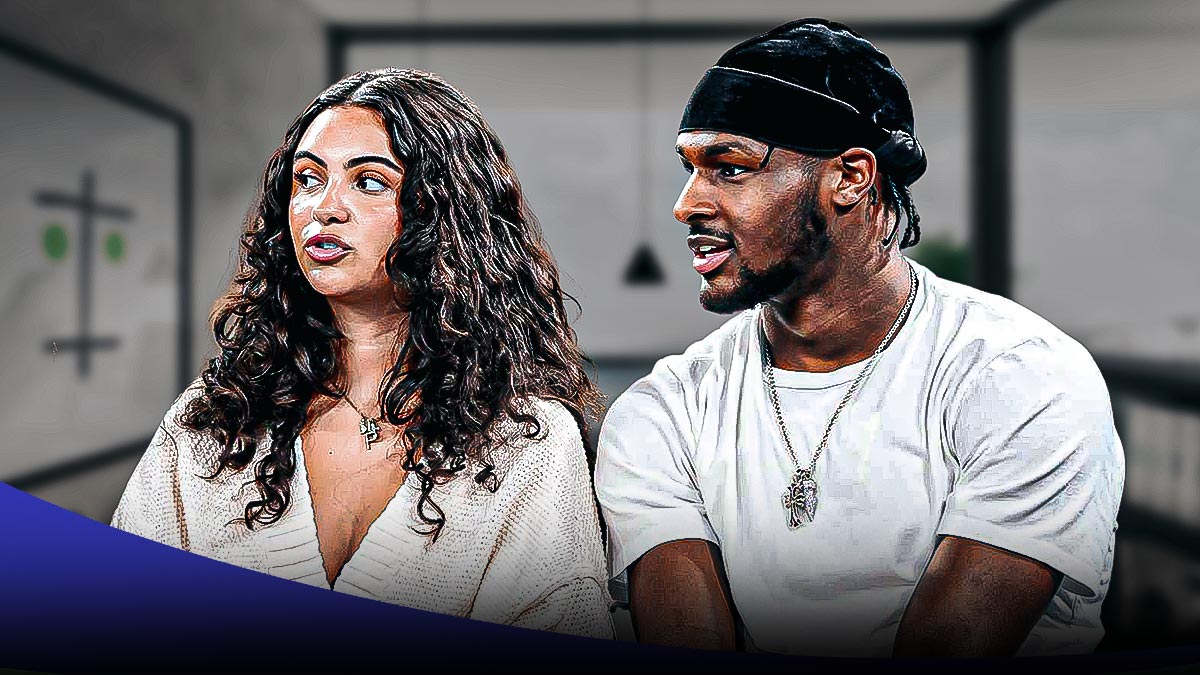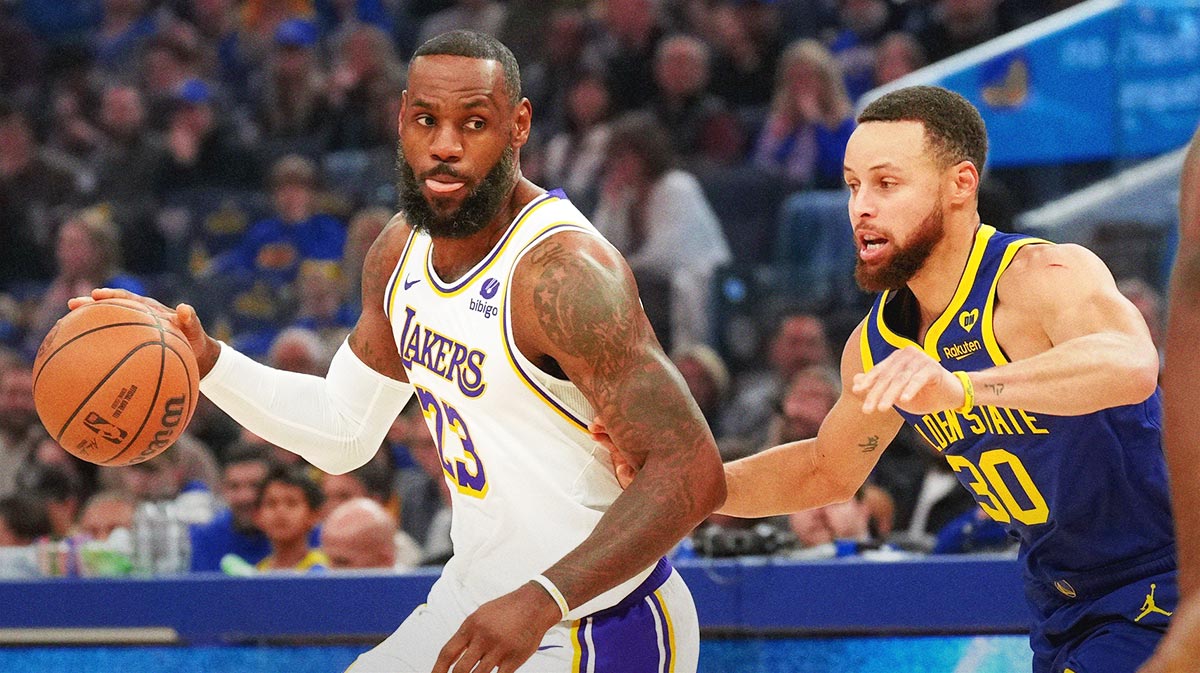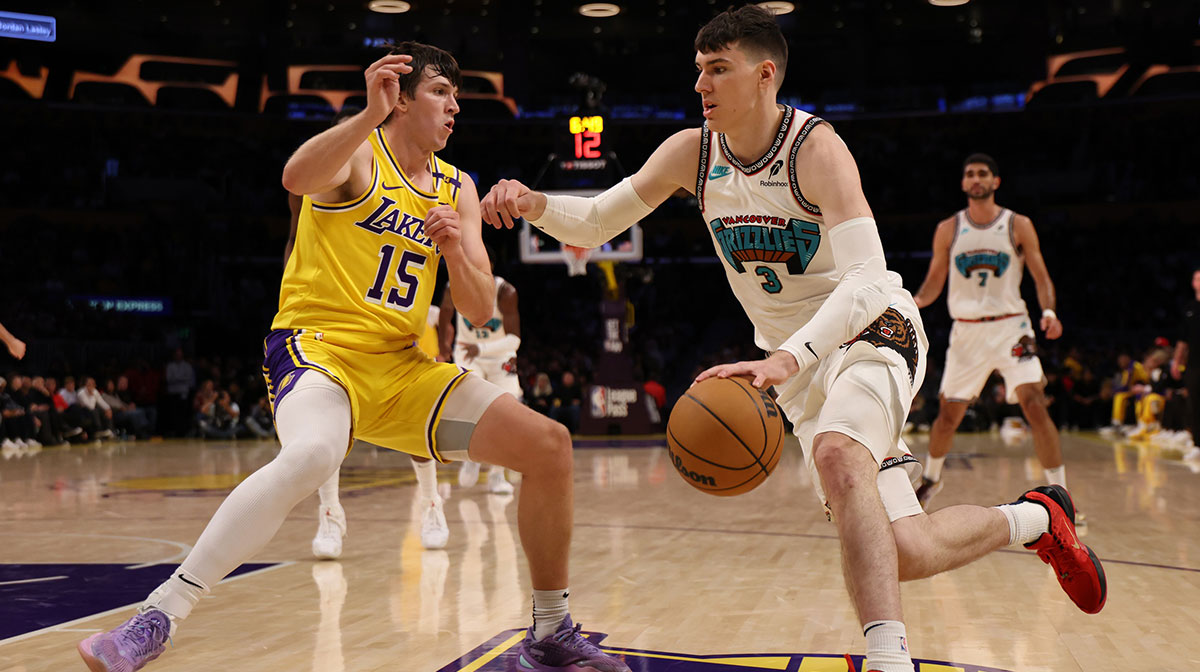Hearing Dwight Howard is signing with the Los Angeles Lakers is sort of like a bad joke. At first, the instant reaction is, “Very funny,” but immediately afterwards the news requires a “Wait, you're serious?”
Nevertheless, as soon as the 6-foot-11, imposing big man is bought out by the Memphis Grizzlies – Howard's current team if you already forgotten after his flurry of transactions in the last few years – the Lakers will ink him to a non-guaranteed contract, potentially limiting any strife should Howard not meet adequate performance.
There is a reason Howard has played with four teams in four years, not including to whom several teams he was traded and immediately waived or bought out. ESPN's Adrian Wojnarowski is reporting Howard was “humbled” from hitting a nadir in his career and has subsequently dropped 25 pounds.
But beyond temperament and unwillingness to adjust to the modern NBA, the Lakers are now presented with a variety of possible hazards after reuniting with Howard.
5. Temperament
Howard has always been a polarizing player and, though maybe not entirely his fault, has never projected the sort of unselfish behavior that will be desired at Staples Center.
With the Lakers, Howard has the opportunity to recast himself in the spotlight as someone happy to still be in the NBA and contributing on a winning team, should everything break right for LeBron James, Anthony Davis, and Los Angeles.
4. Motor
Feeding into the star player transitioning into a role player idea, Howard has already hit “rock bottom,” and a chance (again) with the Lakers would help rewrite the not-so-storybook final chapter of his stellar NBA career.
As a role player, though, Howard is going to need to provide a ton of energy off the bench. Quite incredibly, Howard hasn't come off the bench in a single game since March 2006. Other than that blip, the three-time Defensive Player of the Year has started in 1,043 of his 1,044 career games.
In the past, we've seen Howard give up on plays and teams. With the title aspirations surrounding James and the Lakers, however, Howard will not have a free pass to play a lackadaisical brand of basketball. As much financial security as he had to sacrifice to get a contract from Los Angeles – despite players like Davis, Rajon Rondo and JaVale McGee reportedly urging for a reunion – Howard cannot imagine how much more difficult it would be for him to find a new NBA home if the Lakers let him go following a hypothetical bitter divorce.
In other words, Howard has to bring it every night or risk being waived.
3. Effectiveness
Rim-protecting might be another story, though.
Howard posted a 108.2 defensive rating with the Hornets – again, he only appeared in nine games last season with the Atlanta Hawks, so there's no point extrapolating data from that – which is fine at this stage. Furthermore, Howard saw 40.2 percent of the shots he defended come within fewer than six feet of the rim in 2017-18. Opponents shot 62.1 percent with Howard defending them, a net difference of -4.6 compared to their expected accuracy, which is very poor from what you want from a quote-unquote “rim-protector.”
2. Willingness to Adjust
Howard has always been a back-to-basket player; that should not change. However, it has already been indicated that Howard will have to adjust his game to be a rim-protector for LA and strong rebounder.
Howard can definitely still rebound at a near-elite level. In his most recent full season, with the Charlotte Hornets in 2017-18, he averaged 12.5 rebounds per game, 3.1 of which were on the offensive glass. The ability to create second chances for his teammates will immediately become an invaluable skill for Howard and the grateful Lakers.
This is the kind of player the Lakers need Howard to be, and it's something he can do. But, as Wojnarowski tweeted, Howard has been “warned” due to his past actions causing locker-room disputes. While the transition from star to role player is never easy (see: Anthony, Carmelo), this could be Howard's final chance at demonstrating he still belongs in the league.
1. Position Battle
Howard should certainly be a center in every decade organized basketball has been ever been played, but the minutes allocated to the 5 for first-year head coach Frank Vogel get muddled considering the loss of DeMarcus Cousins and acquisition of Davis.
An eight-time All-Star, Howard will likely compete for starting minutes at center with McGee, but it's likeliest he ends up as a reserve playing in more limited stretches. Nevertheless, there is the pressing question concerning how Davis and Howard fit together. Already, the Davis fit is a tricky puzzle – he's often shied away from playing center full-time, and admitted to that preference during his introductory press conference. While “The Brow” can thrive facing up to the basket and playing farther from the paint, Howard is almost always cemented under the rim.
Then the butterfly effect starts to take shape. The Lakers would severely limit James' impact on the team with a Davis-Howard frontcourt. As spectators saw with the Cleveland Cavaliers, James thrives (well, he always thrives, it seems) with a wing-heavy lineup featuring spot-up shooters.


